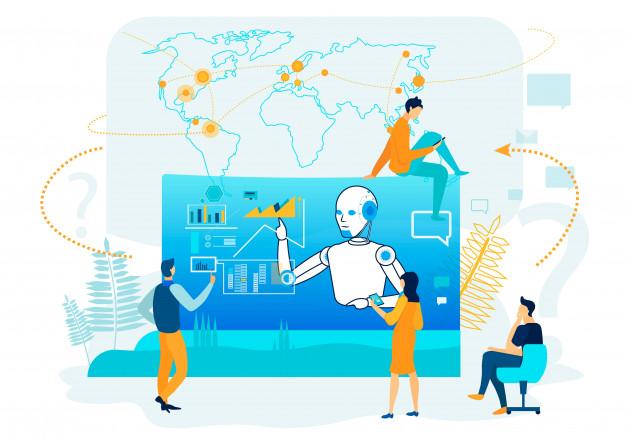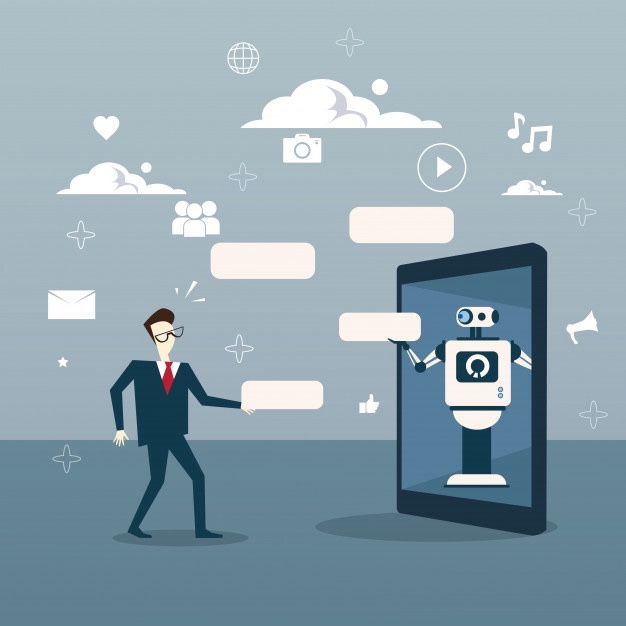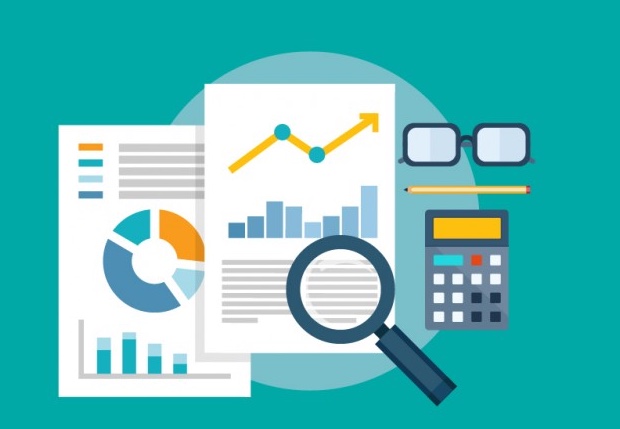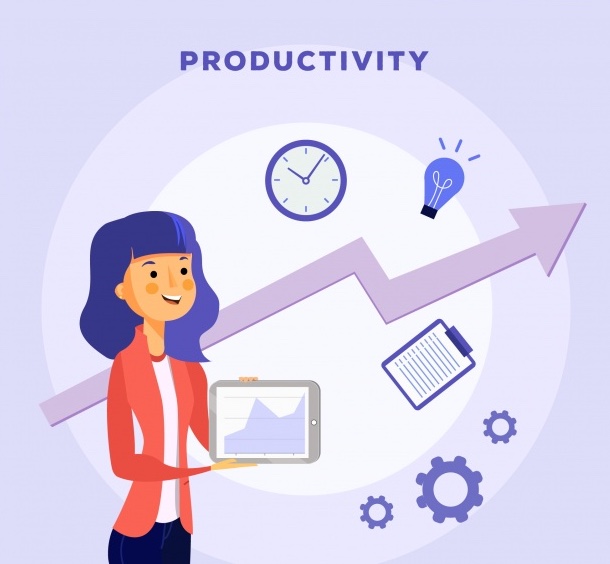I am pretty sure that by now, you must have heard tons about artificial intelligence AI and the way it seems to be reshaping industries across the globe, especially the technology sector. But what you don't know is companies these days by default tend to chase new trends to stay ahead of the curve, and unfortunately, they don't always get it right, especially in regards to machine learning and artificial intelligence.
Artificial Intelligence In Project Management Is A Boon Or A Bane?

Over the span of a few years, a new era seems to have evolved. Several factors such as big data, blockchain technology, artificial intelligence, machine learning seem to have an increasing impact on our day to day lives, and activities. As a result, it seems we are driving towards a revolution incorporating new AI-powered decision making and support systems. Whether it's personal and professional front, AI has become the game-changer. Let's find out how?
Now, do you really think that the industry insiders do vouch for the viability of a current trend as it has the propensity to change overnight? Probably not! It's the small daily changes made to transform the rules of the game continually. And nobody really talks about how businesses should be aiming to be the forefront of the competition- of course using the emerging tech. Artificial Intelligence is a complex field comprising of a plethora of nuances, but at the same time when used it right, the tech can definitely increase productivity and reduce errors drastically. The following post emphasizes on the true significance of Artificial Intelligence in Project Management.
There is no denying in the fact that irrespective of your business whether you are into software development to construction to logistics and finance, you will have some projects that require constant managing and monitoring. So, how artificial intelligence (AI) the assistant that project managers need? From supporting desks to chatting with customers, taking all the monotonous and boring tasks that we, in general, avoid doing, AI successfully does for us. But as of yet, AI and project management have been slow to intermix. This could be set to change – and soon.
Let's have an early look at how artificial intelligence, machine learning, and predictive analytics work. Of course, managing a project takes hell more than just making a great plan in advance and sticking to it. And having more and more interdependencies within your project and external changes which mind you it will one day makes the outcome unpredictable. Although, modern management techniques such as agile and continuous delivery aim to reduce uncertainty by working incrementally, but that still doesn't guarantee the final delivery. So you need a mix of projects that balance risk and reward (because it's hard to stay competitive if you only play it safe. According to Aptage CEO John Heintz, we're also prone to what he calls "hope-based planning." "It's natural: We're to some degree all optimistic; we all see the positive path forward, the way this could work, and we don't have evidence to prove it can't work, so we hope it's going to go the way we want it to."
Further below, I would like to mention certain AI-based solutions can aid organizations in managing project deliveries.
AI-Chatbot Assistants

Incorporating AI-chatbots assistants has been quite a common practice, especially among software applications, and the trend seems to be gaining momentum at a fanatic pace. Gartner predicts around 2020, 50% of medium to large enterprises will have deployed product chatbots. Thanks to their ability to use natural language processing to map a spoken or written input to an intent, chatbots are rapidly entering the workplace. This is great news for organizations with large populations of millennials.
I personally believe that chatbots can play a vital role in the area of project management. Natural Language Processing (NLP) technologies allow bots to relate concepts, entitles, ideas, knowledge, and know-how to respond to your needs. Can you name me one such project management responsibility to take into account? Task management! Being a project manager, one must delegate and monitor the execution of activities, organize them on schedules, and ensure that no such obstacles are hindering the completion of tasks.
It may quite interest you to know that such tasks can be easily automated by using chatbots. All you have to do is choose one that is specifically designed to fulfill functions like assigning tasks, getting status updates, providing warning signals of potential roadblocks, etc. Fret not, it is a tried and tested method making project management impeccable and to better organize each team's work. Also, bots can be used to create reports that can be distributed to all stakeholders involved in the project.
Eliminate all the errors

One of the most significant advantages of using such tech is eliminating errors especially in a software development project where you can find a variety of defects detected at any stage is an essential measure of the project quality. So being able to accurately predict the number of defects or quality is worth the risk. Moreover, you can use AI models at different stages of projects on past project quality data. By doing this you can definitely identify and alert project teams if the path being taken will place the project at risk.
Let's say, for example, AI can observe the progress of actual project-related work-items and compare it to the project's planned schedule, alerting you of potential delays and underperformance on key metrics and even recommend what can be done to bring the project back on track.
Predictive analysis

A recent study has shown that 1 in 5 of the projects was able to follow the schedule because they took some functionality out of the project scope. And at what cost; delay in the project means more development costs and a considerable increase in indirect costs.
Here AI-based predictive analysis tools come to play!
Predictive analytics then allows us to find these patterns and throw light on the work of planning accurately. In addition to providing insights for software development, a predictive model can help in various ways, which includes team time management, talent coordination, and priority control of the tasks that make up the project.
Improve Productivity & Efficiency

One of the direct consequences of forecasting and reducing errors, obviously via AI as it increases productivity and efficiency. RoundPie provides a Pomodoro timer which allows to time yourself in a number of business productivity apps. AI can even automate simple tasks such as sending emails, notification about project delays, costs, and more.
Automating these tasks can save time the project team would have to spend on day-to-day tasks, giving them more opportunities to think about innovations and improvements to the project. AI-based solutions become capable of reading and analyzing the data generated by teams, and start noticing and indicating events which could hamper the workflow.
Author’s bio:
Olivia Diaz is working at eTatvaSoft, an Enterprise level Web & Mobile Application Development Company. Being a tech geek, she keeps a close watch over the industry focusing on the latest technology news and gadgets. For more details about the company, you can visit here. Follow me on Twitter
What would you like to know and what would be the best way to share this information to you? What is the best tips & tricks, what workaround do you use? We'd really appreciate your insight on these ones to make our integrations better, more productive and much more efficient. Comments, tweets are always welcome.